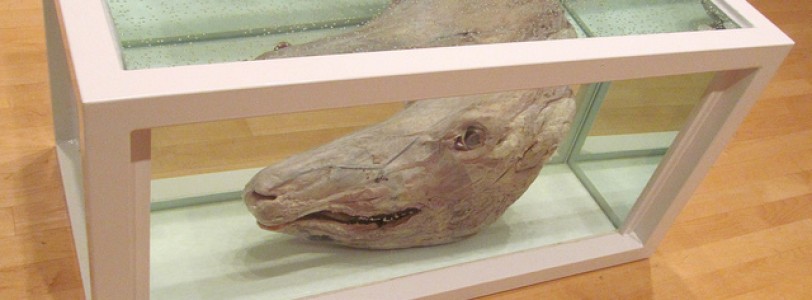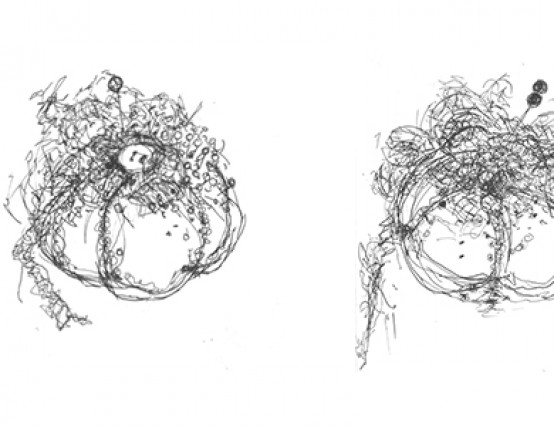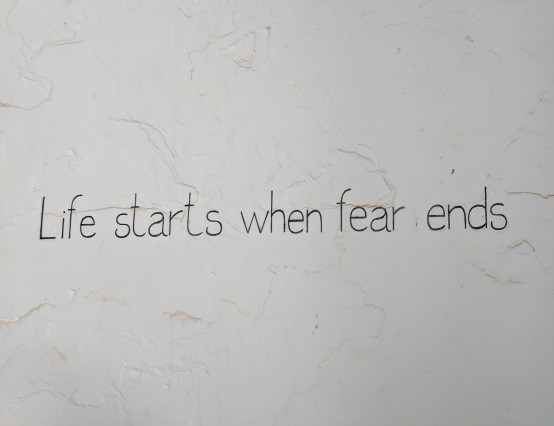Whether it's Marcel Duchamp or Tacita Dean conceptual art is a huge part of the modern arts and cultural debate, with many questioning the skill of it, and even its place in galleries. Now, it's no secret that I am a lover of conceptualism, having created primarily conceptual textile art during my A-Level course. I have however faced a criticism surrounding the nature of my work, and the genre itself. With the argument surrounding validation of the work aside, I believe the question of its relevance is one that should be considered.
The exhibition that inspired me to tackle this issue only shows work from 1964-1979. Whilst this was a highly politicised time in Britain, something I'm sure the pieces will reflect, I question why current work hasn't had light thrown upon it in major galleries. When looking back on the Tate's collection of conceptual art, the most recent pieces I could find were made by Martin Creed in 2011. Yet, what it fails to explore is how so much work now is about the idea. With Tracey Emin's marriage to a rock having recently hit the headlines, this movement is certainly still alive. I would even argue that it is stronger than ever, with those wishing to make new art often considering the idea before the means.
It is this notion, that of the art before the means, that so often causes contention. This is because many artists working within this ism don't actually create the piece themselves. While some may view these artists as frauds, I truly believe that the art, the genius, is in the idea. When confronted on this issue that so famously surrounds him, Damien Hirst said:
"You have to look at it as if the artist is an architect, and we don't have a problem that great architects don't actually build the houses."
I truly agree with him. Why is it that other professions are judged on their concept yet artists are judged on the making and conviction?
I think it all falls back to the misconception that to be an artist you must be able to paint well representationally, or draw, or sculpt. But abstract and conceptual art can be just as beautiful and even more moving than its traditional counterpart.
Observing the arguably unstable political system in which we live, the joys and the horrors that life throws as us, be that on a personal or global scale, conceptual art is still relevant. To me, it will always be relevant, as there will always be something to question or to throw light upon. Whilst the genre may remain a mystery to some, I think it is an important part of our creative landscape, giving us a platform in which to develop our inquisition.
Sources:
Tate
The Guardian
The Telegraph
Image credit: rocor on Flickr - Damien Hirst: Philip (The 12 Disciples), 1994. Steel, glass, formaldehyde and bull's head.









0 Comments